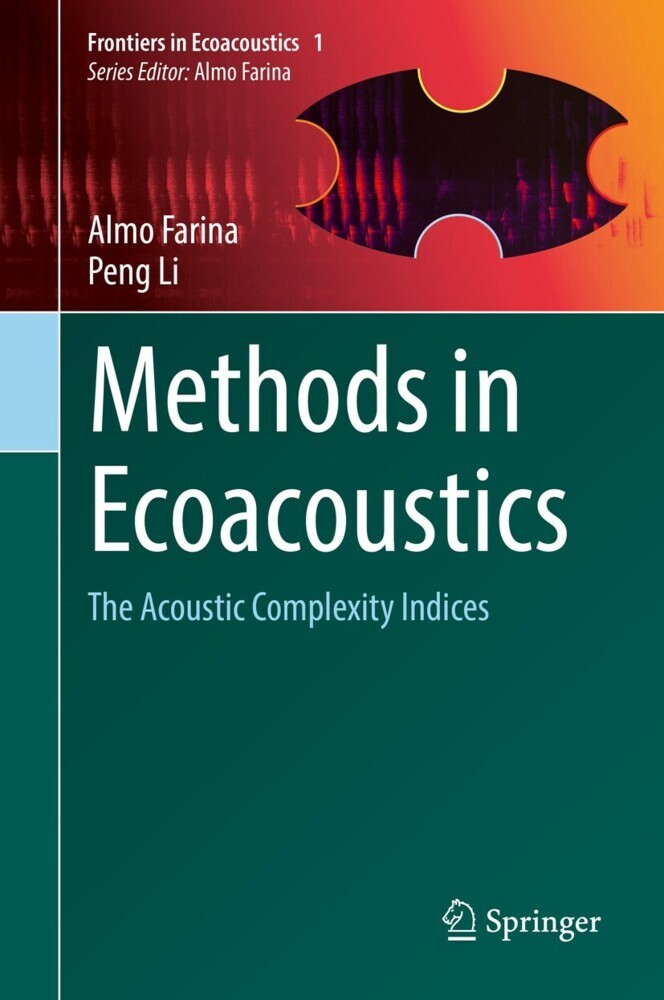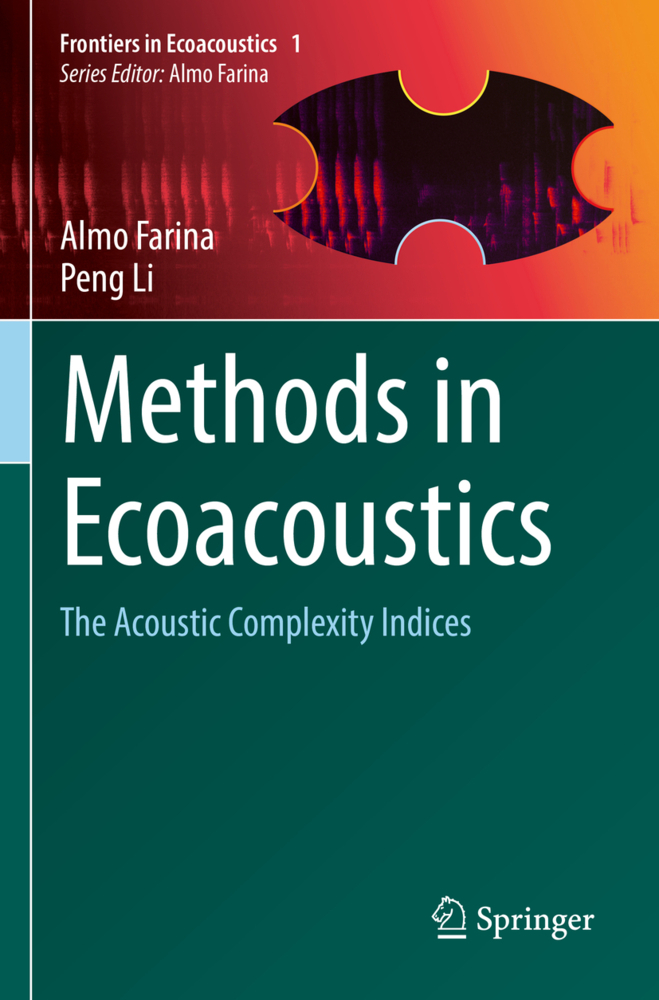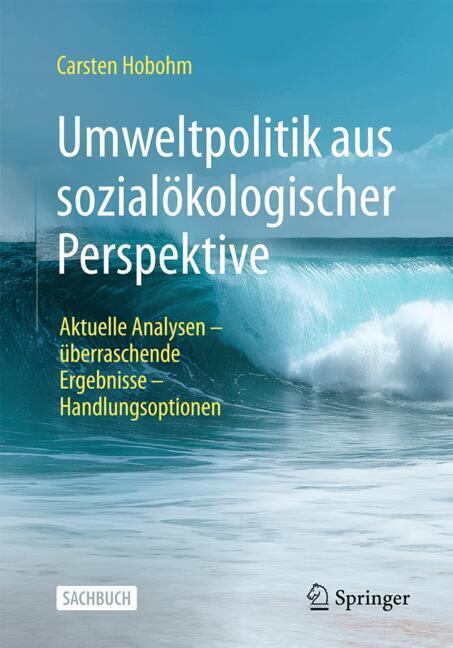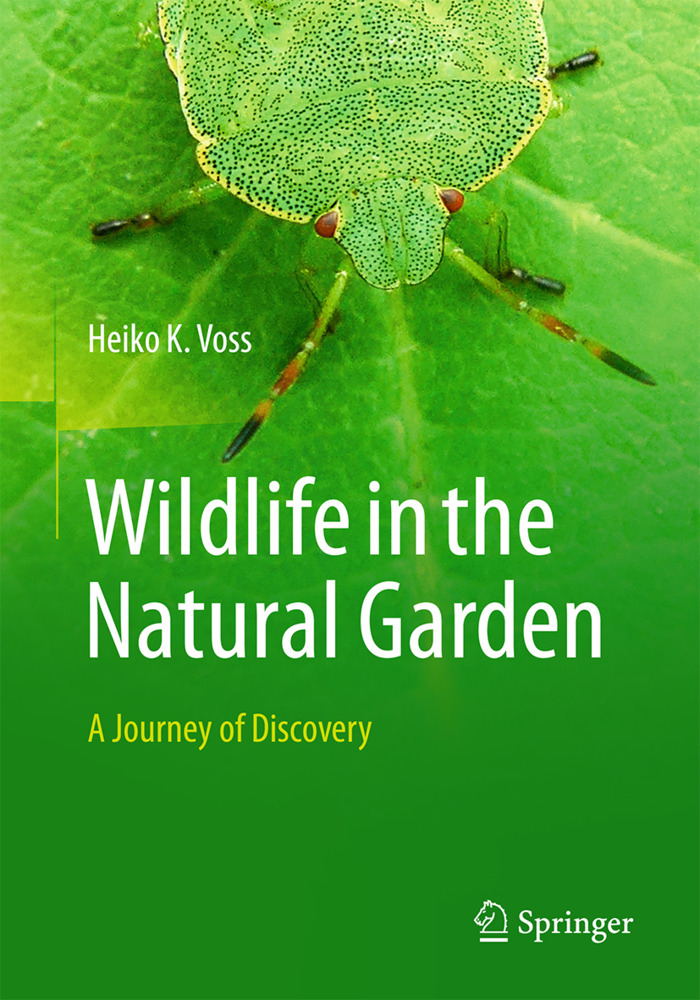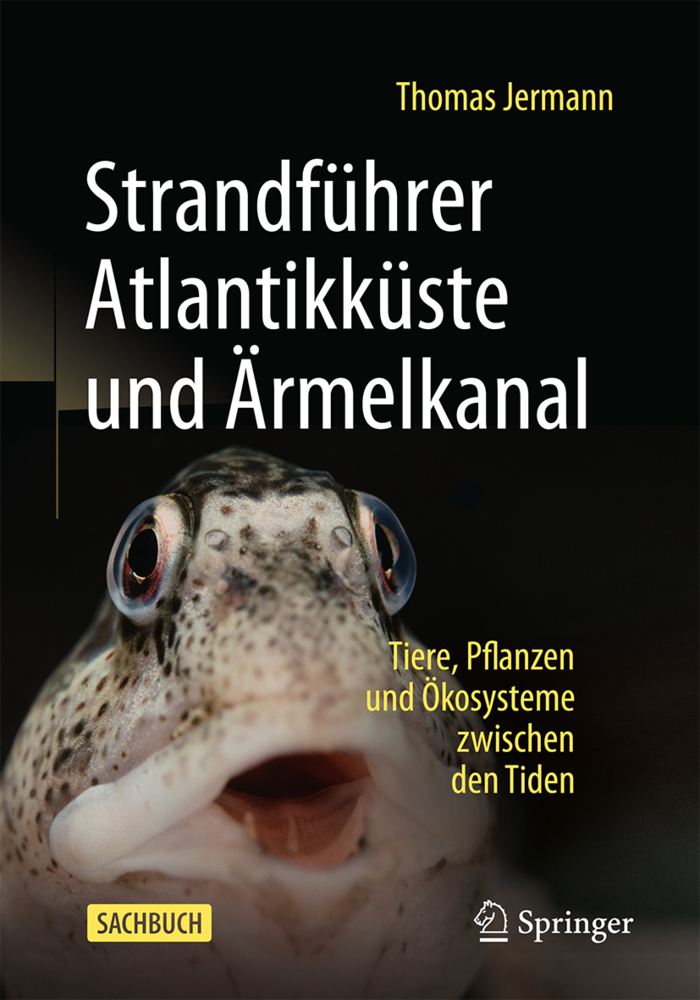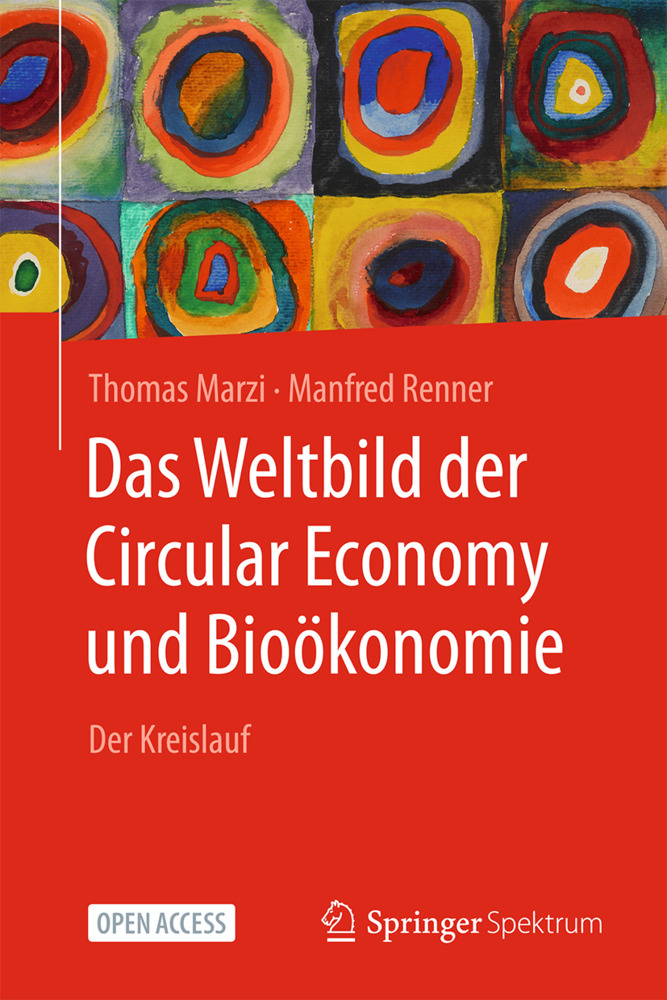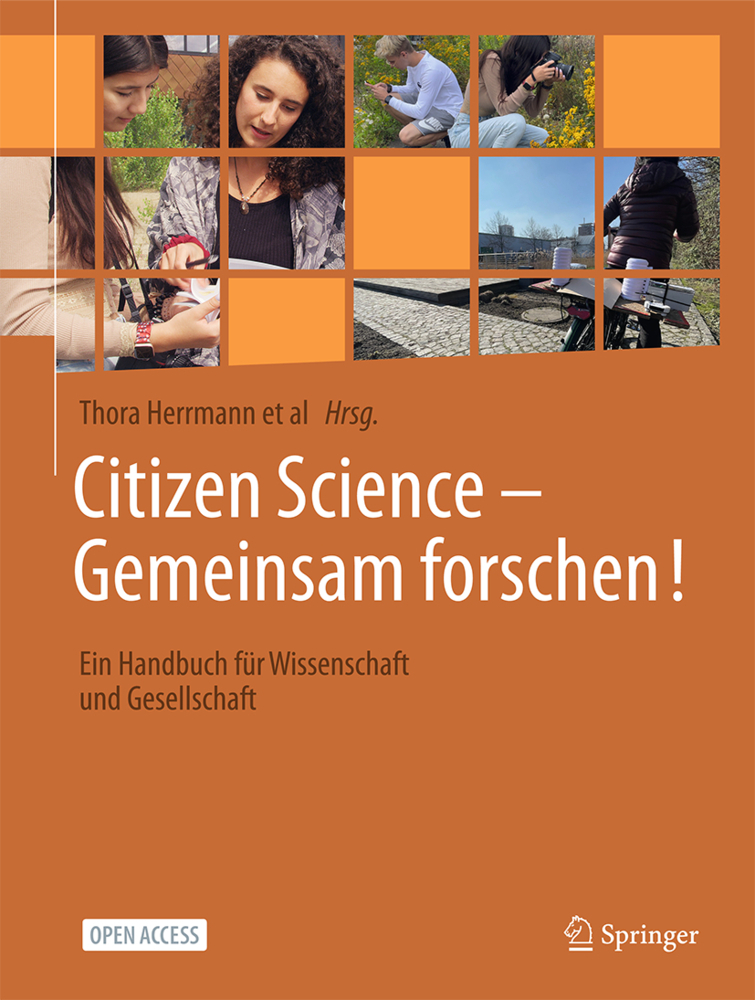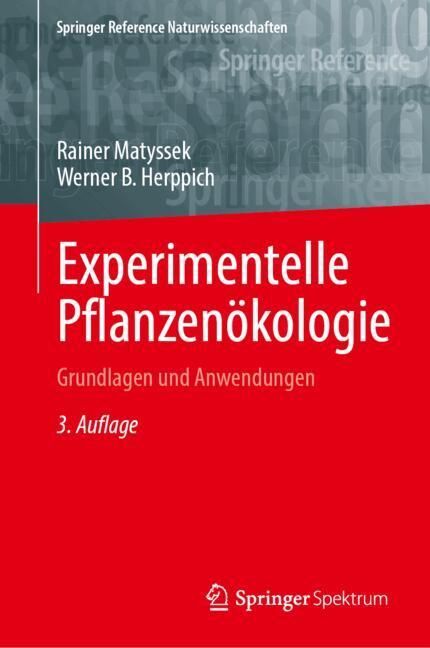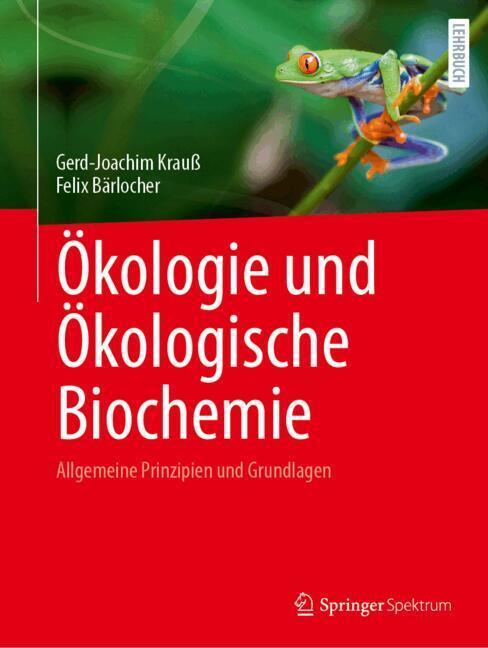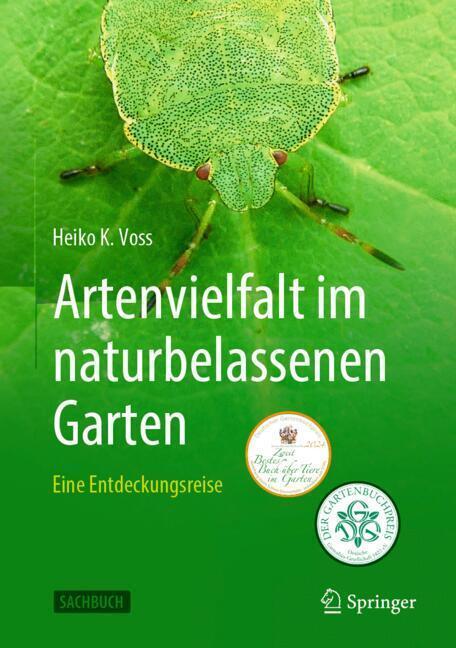Methods in Ecoacoustics
This book represents an introduction to ecoacoustics theory, to the application of the Acoustic Complexity Indices (ACIs) to acoustic survey, and to the use of an innovative software to process acoustic data. It enables readers to comprehend the main principles that guide the recent development of ecoacoustics and offers a synthesis about the role of sound in the ecological research.
Readers will be introduced to the use of the ACIs by a detailed description of the main algorithms recently formulated and on their correct application in the acoustic processing concurring to the creation of sonic information systems. Readers will also find a new dedicated software application, namely SonoScape, that is described in detail with its codes attached in the supplementary material in a completely visible format. The SonoScape is a performing software application operating in MatLab® and is enriched of several options to manage single and large collection of acoustics files. It vides the feasibility to process data at different temporal scale, using different combination of parameters, and to extract novel complexity measures such as entropy and fractal dimension of ecoacoustic events. It also offers functions to visualize the results using customized 3-D plots or ternary plots, intuitively demonstrating the patterns of ACIs based on the vast number of numerical results.
Finally, this book provides several examples of case studies with the aim of better understanding the potentiality of ACIs and the power of SonoScape as multitasking software to approaching the complexity of the ecoacoustic investigation.Students and scholars in ecology, land managers and technicians may find an important tool to interpret the complex relationship between humans and natural processes when sounds are adopted as proxy.Dr. Almo Farina is an Honorary Professor of Ecology and his principal interests are in understanding how complexity operates across a range for ecological scales affecting the organization of communities, ecosystems and landscapes. In particular, he is interested in studying the organization of landscapes and how organisms perceive the surrounding complexity. Specific attention is directed to the study of the mechanisms involved in the communication between the internal world of organisms and their interpreted Umwelt. Recently he has incorporated the principles of biosemiotics into the ecological domain developing the eco-field hypothesis and in addition he has elaborated a new theory on resources (General Theory of Resources). Resources have been defined and some axioms have been presented and discussed as basis for a new ecological perspective to investigate the complexity of the life. In addition, he has investigated the soundscape of birds as an energetic, informative dimension utilized by these species to maintain contact with vital resources. He is working on the development of new metrics (the Acoustic Complexity Index, ACI) to evaluate the complexity of sounds inside populations, communities and landscapes. His publications include more than 290 reports, articles and books on zoology, eco-ethology, bird community ecology, landscape ecology, landscape changes, rural landscape modifications, ecoacoustics, and eco-informatics.
Dr. Peng Li holds a faculty position at Harvard Medical School as an Assistant Professor of Medicine. He is also appointed as an Associate Physiologist in the Division of Sleep and Circadian Disorders, Brigham and Women's Hospital. He is the Research Director of a cross-disciplinary research lab called Medical Biodynamics Program, with a major goal of promoting translational research in medicine and facilitate interdisciplinary collaborations. Dr. Li's current research focuses on identifying individuals at risk of Alzheimer's disease/dementia using advanced analytical tools for non-invasively collected physiological data. Trained as a biomedical engineer during his PhD, Dr. Li's expertise in biomedical signal processing and complexity physiology has been well recognized in medical field as demonstrated by his publications in top-tiered engineering and medical journals. Physiological signals, including acoustic signals such as the heart sound, are the core component in Dr. Li's career which also serve as a media to bridge the gap among researchers from multiple disciplines. It is also acoustic signals that bring him into a special field of ecology, ecoacoustics, that focuses on the role of sounds from the nature in probing into the health of the environment. Novel concepts from nonlinear signal processing field that facilitate the understanding of the sounds may provide better opportunities to assess the ecoacoustic systems. This is also how the Farina semiotics and epistemological approach in ecoacoustics stand for a representative model in this emerging field that connects seemingly distant fields from engineering and medical sciences to social science. Dr. Li's activities in this field are primarily inspired and mentored by Dr. Almo Farina. Together, they have developed the open-source software application SonoScape with the dream of providing a common software model in this field to free researchers from major computational burdens in performing the acoacoustic complexity analysis.
| ISBN | 9783030821777 |
|---|---|
| Artikelnummer | 9783030821777 |
| Medientyp | E-Book - PDF |
| Copyrightjahr | 2022 |
| Verlag | Springer-Verlag |
| Umfang | 127 Seiten |
| Sprache | Englisch |
| Kopierschutz | Digitales Wasserzeichen |

